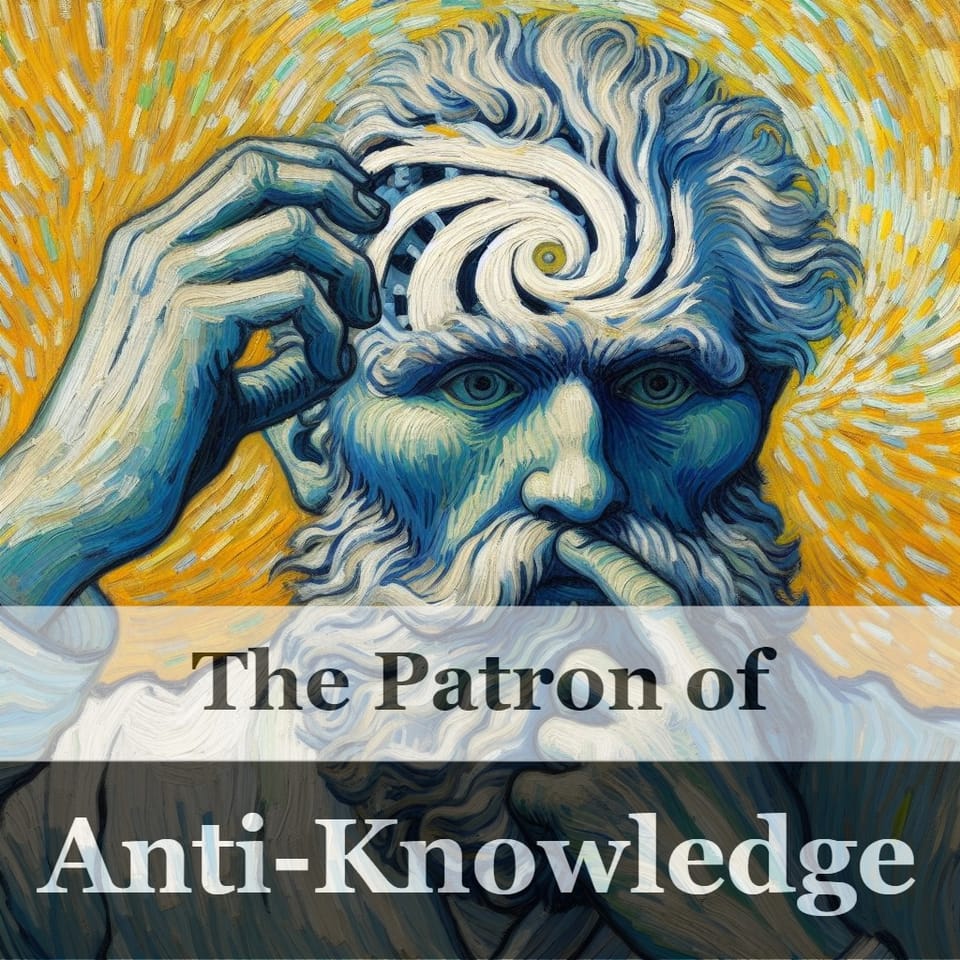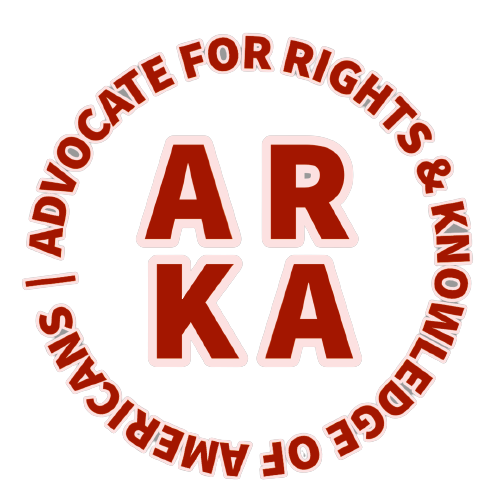The Patron of Anti-Knowledge

"There Are No Absolute Principles"
"Objective Truth Doesn't Exist"
"My Truth is... Your truth may be..."
If exchange, the collective component of economics, does not possess consistent principles; if it is not governed by some natural law; then it can sometimes behave usefully and sometimes detrimentally. Therefore, the need to manage and regulate transactions arises; and equity in labor must also be managed into existence since labor (one of many exchanges) would also follow no absolute principles. These acts would be whimsical and intrinsically unpredictable to the extent of which they could not even be studied. As a result, the best that we could possibly do is manage and control the way in which others exchange, and we would need to do this to the greatest extent possible.
Fortunately, since it has been established that both the collective component of economics (the exchange) and the individual component of economics (resource use) obey universal principles, and since it has been established that violent intervention in the exchange necessarily wastes the maximum utility of resources while simultaneously hindering the maximum prosperity provided by the free market; then the act of disrupting those principles necessarily requires the rejection of scientific and logical inquiry.
Some of my colleagues prefer a philosophical approach to explain the driving force behind "there are no absolute principles"; constantly reading through historic texts to determine the origin of ideas. While the origin is up for debate, the driving force is economically incentivized. The statist cannot obtain his extraordinary privilege of obtaining resources and power via violence until he finds a way of dealing with the principles of economics; and no collective entity in society is larger than that society's government (the state). The state is the largest land owner, money lender, and is the sole entity that detains the means of coercion.
The statist must produce an alternative theory that disproves the science of economics in order to steal from and violently enforce protocol and rules onto individuals. Since he has yet to produce a sound alternative, he must rely on the anti-knowledge and anti-scientific idea that "there are no absolute principles" to justify the use of his control. Hence, he must censor the science of economics and he must both attempt to convince his servants that he has produced a viable theory while also countering with "Objective Truth Doesn't Exist" to the naysayers of his beloved Keynesian "economics". The powers of the state cannot exist without information control - the fundamental barrier between willful political subjects and rebellious economic traders.
It is no mere coincidence, after all, that the modern form of censorship - internet censorship - is funded and justified by the state; and likewise for modern forms of indoctrination protocol.1 2 Even changes to the physical dictionary, when those changes are reductive rather than additive, ultimately trace back to the actions of the state.
[1] {For a brief explanation} Information Control in America. Offield.
[2] {For a detailed explanation} The Modern Control of Information. Offield.

Member discussion